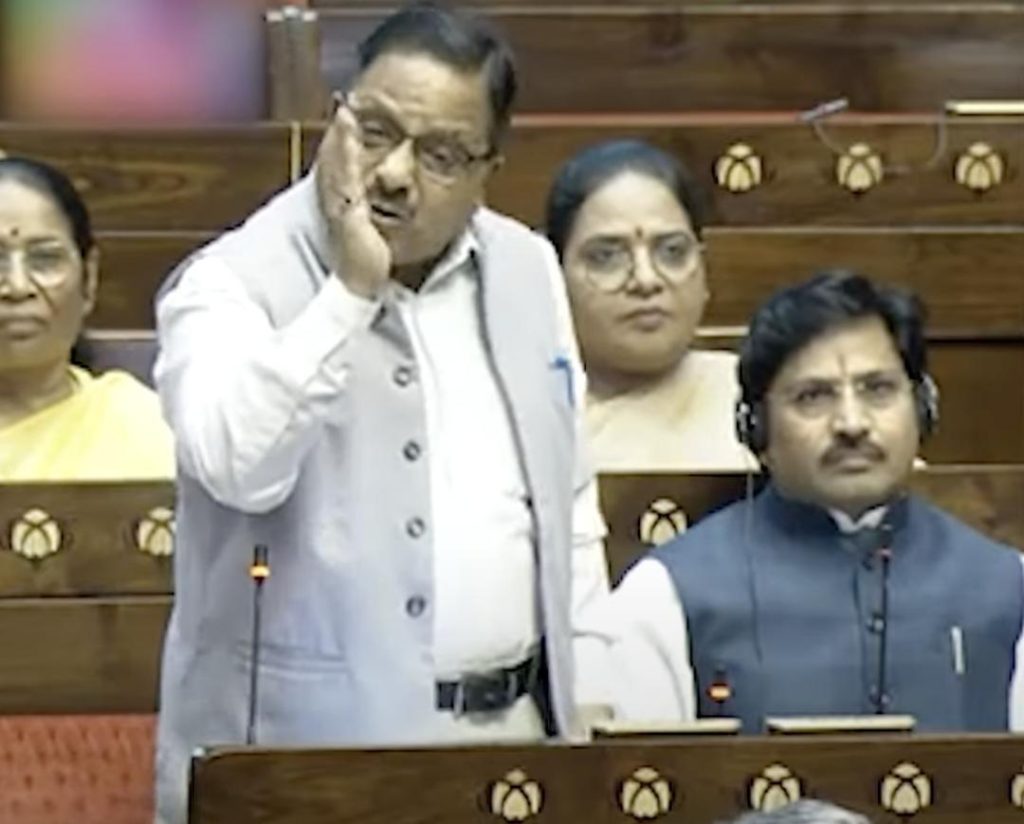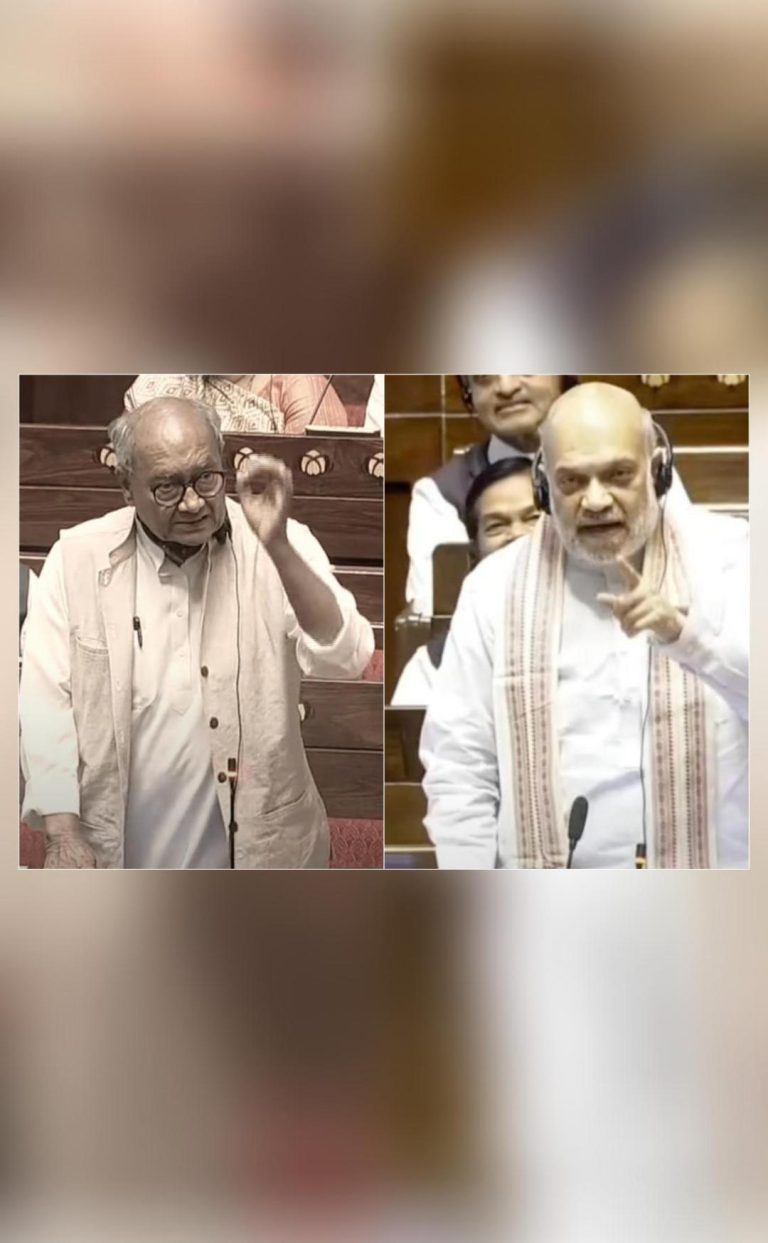
Title: Should I read Quran & tell you what’s written in it: BJP MP Radha Mohan Das on Waqf Bill
In a recent discussion on the Waqf Bill in the Indian Parliament, BJP MP Radha Mohan Das sparked controversy by asking if he should read the Quran and share its contents with the public. His comment was made in response to the Waqf Board’s claims of possessing numerous properties without maintaining proper records. The statement has raised eyebrows and sparked debates among politicians, religious leaders, and the general public.
The Waqf Bill is a proposed legislation aimed at revamping the management of Waqf properties, which are endowments dedicated to religious purposes. The bill seeks to replace the existing Waqf Act of 1954 and improve the transparency and accountability of the Waqf Boards. However, the discussion on the bill has been marred by controversy and allegations of mismanagement and corruption.
During the debate, Radha Mohan Das, a BJP MP from Uttar Pradesh, questioned the Waqf Board’s claims of possessing properties without maintaining proper records. He said, “The Quran says that even if one rupee is given to anyone, there should be a written record. And you say you have so many properties without a record.” He then asked, “Should I read the Quran and tell you what’s written in it?”
Radha Mohan Das’s statement has been interpreted by many as an attempt to provoke and intimidate the Muslim community. Many have criticized his comment, saying that it is an attempt to impose his own beliefs on others and create a climate of fear. Others have argued that his statement is a deliberate attempt to undermine the integrity and authority of the Quran, which is considered the holy book of Islam.
However, Radha Mohan Das has defended his statement, saying that he was only trying to highlight the hypocrisy of the Waqf Board. He claimed that the Waqf Board was not following the principles of the Quran and was instead mismanaging the properties under its control.
The controversy surrounding Radha Mohan Das’s statement has sparked a national debate on the role of religion in politics and the importance of maintaining secularism in the country. Many have argued that religion should be kept separate from politics and that politicians should not use religious texts to score points or gain political mileage.
On the other hand, some have argued that Radha Mohan Das’s statement was a legitimate criticism of the Waqf Board’s lack of transparency and accountability. They have pointed out that the Waqf Board has been accused of mismanaging properties and squandering funds, and that Radha Mohan Das’s statement was a reminder of the need for greater transparency and accountability.
In conclusion, the controversy surrounding Radha Mohan Das’s statement highlights the need for greater sensitivity and respect for religious beliefs and practices. Politicians should avoid using religious texts to score points or gain political mileage, and instead focus on finding solutions to the country’s problems. The Waqf Bill, which is aimed at revamping the management of Waqf properties, should be passed in its current form, with greater transparency and accountability measures in place to prevent mismanagement and corruption.
Sources:



